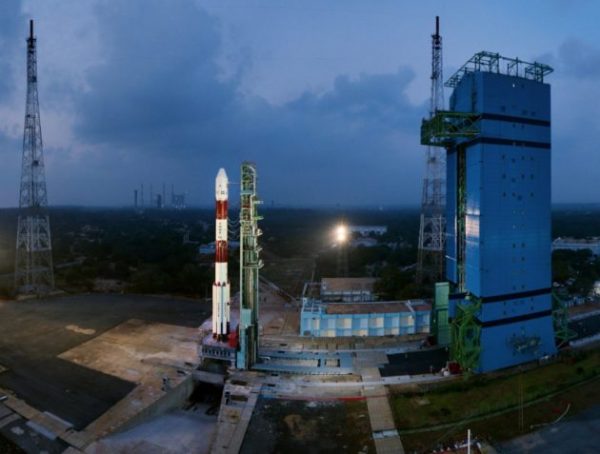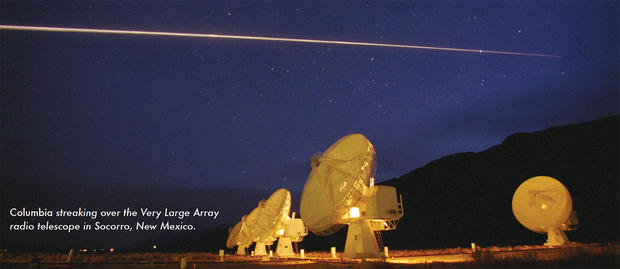Spaceflight gets first crack at India’s new SSLV rocket – and puts up a ‘sold out’ sign – GeekWire

Seattle-based Spaceflight says it’s purchased the first commercial launch of India’s next-generation Small Satellite Launch Vehicle, or SSLV, and has already committed all of the available payload space to a U.S.-based satellite constellation customer.
The deal, announced today in conjunction with the annual SmallSat conference in Logan, Utah, builds on Spaceflight’s existing relationship with the Indian Space Research Organization and India-based commercial ventures.
ISRO developed the SSLV with a payload capacity of 500 kilograms (1,100 pounds) to mid-inclination low Earth orbit, or LEO, and 300 kilograms (660 pounds) to sun-synchronous orbit. That’s more suited for launching small satellites than India’s workhorse Polar Satellite Launch Vehicle, or PSLV, which can put 1,100 to 1,600 kilograms (2,425 to 3,500 pounds) into sun-synchronous orbit and has served as a go-to rocket for Spaceflight.
The SSLV launch was purchased from New Space India Limited, or NSIL, and is due for liftoff from India’s Satish Dhawan Space Center later this year.
Spaceflight’s CEO and president, Curt Blake, said the SSLV will provide a “much-needed solution to fill the gap in the portfolio of small launch vehicles.”
“SSLV is perfectly suited for launching multiple microsatellites at a time and supports multiple orbital drop-offs,” Blake said in a news release. “We’re excited to add SSLV to our launch portfolio and manage many launches together – first to LEO mid-inclinations this year, and SSO missions starting in the fall of 2020.”
NSIL’s director, Radhakrishnan Durairaj, said his company will “look forward to many more launches with Spaceflight.”
Spaceflight didn’t identify its launch customer, other than to say it’s a U.S.-based satellite constellation operator. But that description applies to BlackSky, Spaceflight’s sibling subsidiary under the aegis of Seattle-based Spaceflight Industries.
BlackSky is in the midst of creating what’s expected to become a 16-satellite Earth-observing constellation by 2020. Its fourth satellite, Global-4, is slated to go into orbit on a Rocket Lab Electron launch vehicle as early as next week.
In a filing submitted to the Federal Communications Commission last month, BlackSky said it intended to launch the next four satellites – Global-5 through Global-8 – on an SSLV rocket in November.






